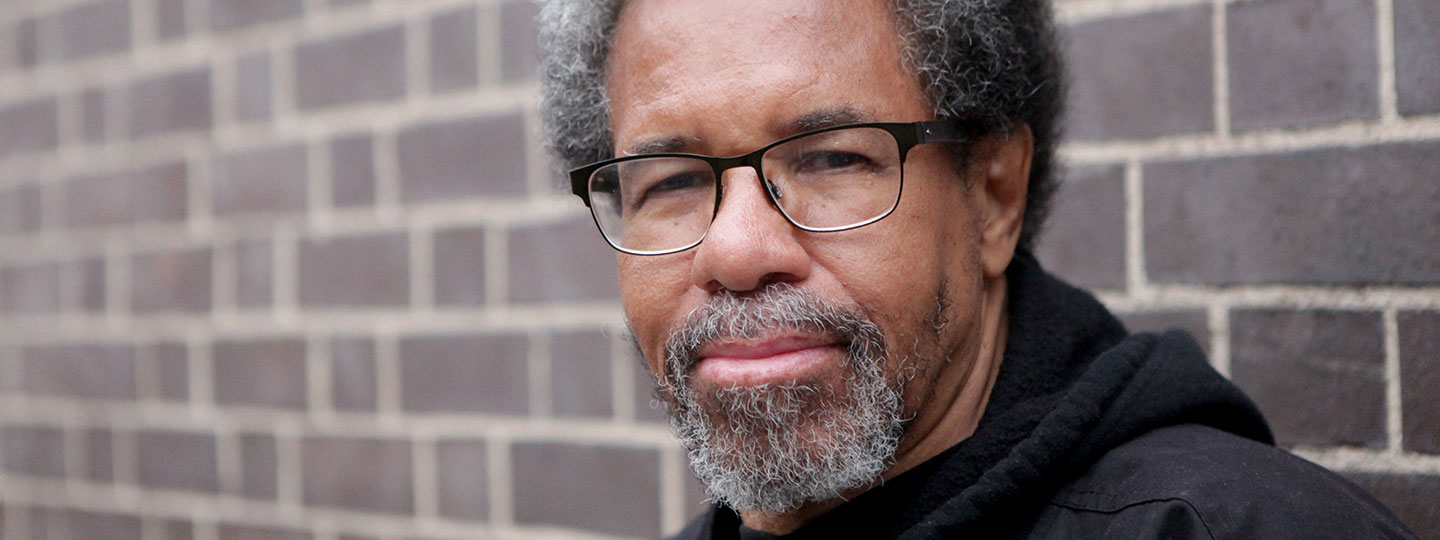What is the Urgent Action Network?
The concept is simple: Take Action, Change a Life.
Urgent Actions ask our community of volunteers to flood the mailboxes, inboxes, phones and social media of authorities when someone is in imminent danger of human rights violations. Your letters, emails, phone calls, faxes and Tweets have helped to halt executions, support human rights defenders and free prisoners of conscience—people jailed solely for the peaceful expression of their beliefs and identity.
Please note that the US postal service has suspended service to some countries in light of COVID-19 – reach out to [email protected] if you have any questions.
How Does It Work?

STEP 1: Sign Up Today!
Sign up to receive Urgent Action emails. You can choose to receive all emails or a more limited number. You can also choose to receive emails on specific issues or regions.




STEP 2: Take Action Now!
Urgent Action emails specify the case, local and international government officials to contact, their contact information and suggestions about what to write, say or Tweet.




Our Educator’s Guide
Are you an educator looking for ways to engage your students in human rights? Find out how your students can show their power through letter writing!
In many cases, your action on these cases leads to better conditions for prisoners and their eventual release. Those individuals at the center of these Urgent Actions often send their thanks to Amnesty International, citing that these messages serve as a source of hope.
The reason we could resist the ban and move forward was the international support and solidarity by Amnesty International activists around the world. We could not have gone further without your support.
I am very grateful for all the support I received while I was in prison. Life in prison was very difficult and I was treated badly, but the support of those who believed in me made me strong.
My case once again showed how important solidarity and attention are in protecting the freedom of speech and human rights. I admire your noble work and boundless courage, dear activists.
Browse Urgent Actions
Urgent Action
Urgent Action: CIVIL SOCIETY UNDER ATTACK WITH NEW DRAFT LAW (Zimbabwe 68.22)
Share: On This Page On March 1, Zimbabwe’s government announced the Private Voluntary Organization (PVO) Amendment Bill 2024 to allegedly ‘curb money-laundering and financing of terrorism and to ensure that…
Urgent Action
Urgent Action: SYRIAN REFUGEE AT RISK OF DEPORTATION (Jordan 32.24)
On April 9, 2024, Jordanian security forces arrested Syrian refugee, Atiya Mohammad Abu Salem, while he was on his way to film pro-Gaza protests in Amman. His lawyer was told…
Urgent Action
Urgent Action: STOP THE INHUMANE TREATMENT OF MARIA PONOMARENKO IN PRISON (Russia 33.24)
The Russian authorities are putting the health and life of journalist Maria Ponomarenko at risk due to her treatment, and the conditions in detention, including being held in solitary confinement…
Urgent Action
Urgent Action: HUMAN RIGHTS DEFENDER’S LIFE IN DANGER (South Africa 29.24)
Nomsa Sizani, a human rights defender and former General Secretary of the Abahlali baseMjondolo (AbM), is facing imminent threats to her life. The threats followed her allegedly questioning government officials…
Urgent Action
Urgent Action: RELEASE JOURNALISTS AND MEDIA WORKERS (Kyrgyzstan 30.24)
On January 16, police raided the homes of 11 journalists known for their past and current involvement with “Ayt Ayt Dese” and “Temirov LIVE”, two independent media projects that have…
Urgent Action
Urgent Action: JAILED ACADEMIC’S HEALTH IN PERIL (Azerbaijan 77.23)
Gubad Ibadoghlu is a renowned economist and political activist. On July 23, 2023, the Azerbaijani authorities detained him on fabricated charges in an apparent retaliation for his criticism of the…
Urgent Action
Urgent Action: RELEASE TERMINALLY ILL PALESTINIAN PRISONER (IOPT 78.23)
*April Outcome: Death in Custody To read the full press release issued on April 8, 2024, please click here* Walid Daqqah is a terminally ill Palestinian prisoner who was diagnosed…
Urgent Action
Urgent Action: UNJUSTLY JAILED STUDENT WITH DISABILITY “ROTATED” (Egypt 110.23)
Despite a February court order for his release, Egyptian authorities are continuing to arbitrarily detain Oqba Hashad who has been in prolonged pretrial detention for almost five years. Instead of…
Urgent Action
Urgent Action: ACTIVISTS APPROACHING ONE YEAR IN DETENTION (China 19.18)
On April 13, 2023, prominent human rights lawyer, Yu Wensheng, and his wife, Xu Yan, were taken into police custody while en route to the delegation of the European Union…
Urgent Action
Urgent Action: POLITICAL ACTIVIST FACING TRIAL BEFORE MILITARY COURT FOR FACEBOOK POST (Jordan 26.24)
On December 21, 2023, the Jordanian authorities arrested Ayman Sanduka, political activist and mathematics professor, in relation to a Facebook post addressed to the King in October 2023 where he…
Urgent Action
Urgent Action: DETAINEES REMAIN AT RISK OF FURTHER TORTURE (Lesotho 24.24)
On December 22, 2023, detainees at Maseru Correctional Institution (MCCI), Lesotho, were subjected to torture and other ill-treatment by the Correctional Services officers who beat the detainees with various weapons…
Urgent Action
Urgent Action: ARTIST JAILED FOR CRITICIZING PRESIDENT (Tunisia 27.24)
On January 31, 2024, the Monastir court of appeals in Tunisia sentenced artist, Rached Tamboura, to two years in prison on bogus charges for the peaceful exercise of his right…

